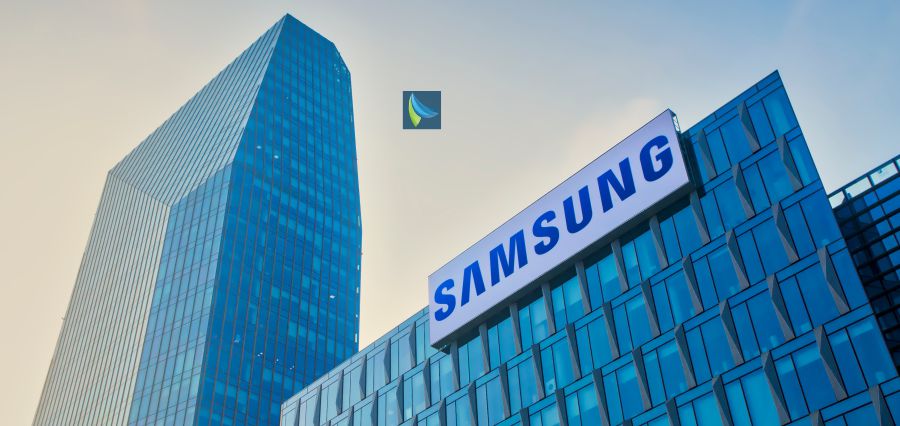On Friday, Samsung Electronics announced a more than 15-fold increase in its second-quarter operating profit, attributed to rising semiconductor prices fueled by the artificial intelligence boom. The world’s leading producer of memory chips, smartphones, and TVs estimated its operating profit for the quarter ending June 30 at 10.4 trillion won ($7.54 billion), up from 670 billion won a year earlier.
This profit surpassed the 8.8 trillion won forecast by LSEG SmartEstimate, which prioritizes analysts with consistent accuracy, making it Samsung’s most profitable quarter since the third quarter of 2022. Analysts suggest that, in addition to higher chip prices, Samsung’s profit also benefited from reversing previous inventory writedowns as the value of its chip inventory increased in accounting terms.
Samsung reported a likely 23% revenue increase in the second quarter compared to the same period last year, totaling 74 trillion won. Following this guidance, Samsung shares opened 1.2% higher, compared to a 0.4% rise in the broader market. The company is scheduled to release detailed second-quarter earnings on July 31.
Samsung’s key semiconductor division likely posted its second consecutive quarterly profit, improving from the first quarter, driven by rising memory chip prices that had previously slumped from mid-2022 to the end of 2023 due to weak post-pandemic demand for gadgets. The surge in demand for high-end DRAM chips, such as high bandwidth memory (HBM) chips used in AI chipsets, as well as chips for data center servers and AI-enabled devices, has bolstered chip prices.
During the second quarter, DRAM chip prices used in tech devices increased by approximately 13% to 18% from the previous quarter, while NAND Flash chip prices for data storage rose by 15% to 20%, according to TrendForce. However, TrendForce forecasts a slower price increase for the third quarter, predicting a 5% to 10% rise for both conventional DRAM and NAND Flash chips, as demand for older legacy chips from the consumer electronics market remains weak.
“We will be closely watching Samsung’s outlook on legacy chips during the earnings call at the end of the month, as it will indicate whether the chip industry recovery can sustain into next year,” said Ko Yeongmin, an analyst at Daol Investment & Securities.
Read More: Click Here


